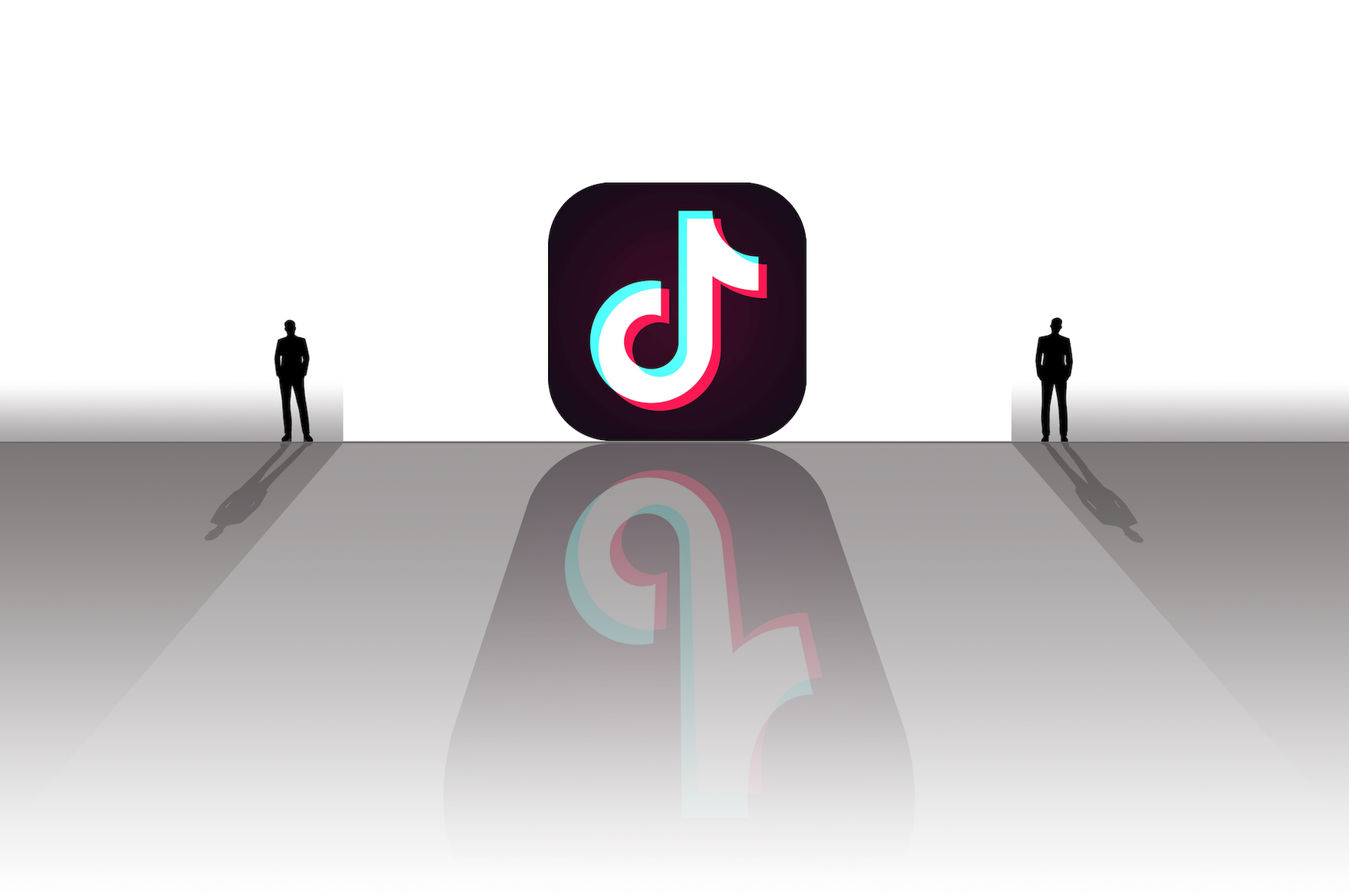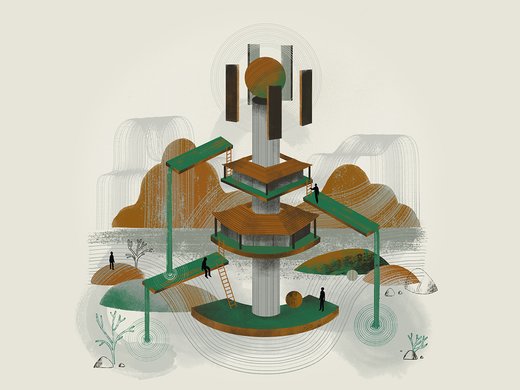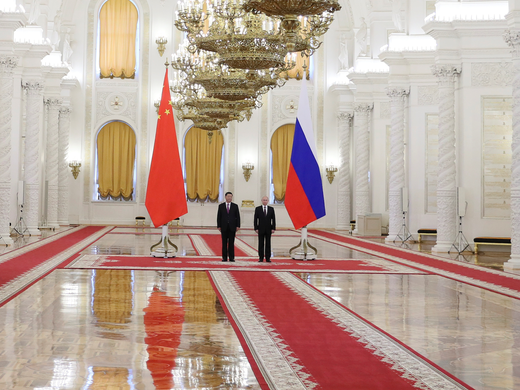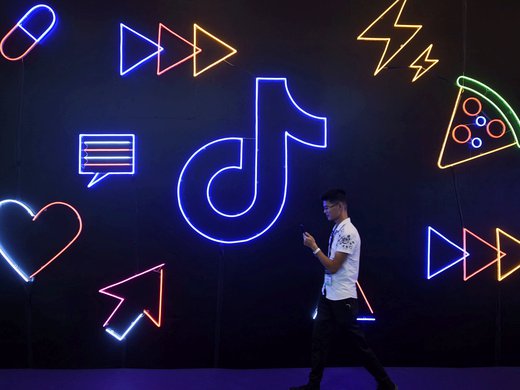On August 3, the UK Parliament had second thoughts about its six-day-old TikTok account, shutting it down after Conservative members of Parliament (MPs) — including three who have been sanctioned by China — wrote a letter to the Speaker warning that the video-sharing app posed an unacceptable security threat.
“The prospect of Xi Jinping’s government having access to personal data on our children’s phones ought to be a cause for major concern,” the MPs wrote.
In the United States, with crucial mid-terms ahead, Democratic law makers are taking the opposite view: they are focused on leveraging the app to rally the Generation Z voters they need to stop the Republicans from taking control of Congress in November. Young strategists even lament that party grandees have been too slow to sign up.
Their failure to see TikTok as a wolf dancing and lip-synching in sheep’s clothing looks like imperial decadence.
It is not that they haven’t been told. For years, China experts in the intelligence community and foreign policy establishment have warned that TikTok is a security threat.
The message does not seem to connect, though, perhaps because the app’s brand is so playful. (It was hard not to be charmed, for instance, by Nathan Apodaca’s skateboard lip sync, or cheered by his sudden fame.) TikTok is fun, so fun that it is overtaking both Facebook and Instagram. It now has a billion users, including 100 million in the United States, thanks to an algorithm that is uncanny in its ability to give users the videos they want.
And TikTok’s spokespeople have waved away concerns with soothing reassurances. It’s about fun, not politics. It’s not a Chinese company, but a global company with Chinese roots.
In October 2021, Michael Beckerman, TikTok’s head of public policy for the Americas, testified under oath in the US Senate that “a world-renowned U.S.-based security team” controls Americans’ data, and that nobody shares it with the Chinese government.
Those assurances became much less reassuring in June, when BuzzFeed reported on leaked audio recordings from more than 80 internal TikTok meetings. The TikTok tapes show that American managers could not actually access the data without the assistance of the head office in Beijing.
“Everything is seen in China,” a member of TikTok’s Trust and Safety department said in a September 2021 meeting, just a month before Beckerman testified to the contrary.
This revelation ought to be alarming, when you consider the personal data the app collects. The terms of service allow it to collect not only users’ profile information but also their keystroke patterns, personal contacts, payment details, location data, clipboard content and, as of last year, biometric data.
What would happen if Chinese President Xi Jinping asked the company to hand that data to the Ministry of State Security? In 2019, Alex Zhu, then the CEO of TikTok, told The New York Times he would refuse such a request.
He well might, but it would be unwise to count on it. Consider the case of Jack Ma, the genius who founded Alibaba. The billionaire Ma went missing for three months in 2020 after he gave a speech critical of Chinese banking authorities, which angered the establishment and led to regulators cancelling his anticipated initial public offering. The mysterious episode seemed designed to demonstrate that even China’s richest CEOs are subordinate to the ruling Chinese Communist Party.
China runs a terrifying system of mass monitoring, using citizens’ phones to spy on everyone constantly. This is especially awful in Xinjiang, where the government is oppressing minority Uighurs in violent and horrifying ways. ByteDance, TikTok’s parent company, appears to be “collaborating” with the authorities there, according to an Australian report.
The same people who run a high-tech version of Orwell’s 1984 in China can access the personal data on 100 million Americans, including, presumably, the children of the most powerful people in the country. They are likely doing that.
You can shrug off the threat as Cold War paranoia, but American officials say that Chinese espionage, including military and commercial targets, is breathtaking in its scope, a problem America’s leaders seem disinclined to tackle head on.
That reluctance seems unlikely to change any time soon. In hyper-polarized Washington, the arguments against TikTok are being made by Republicans, and the decision makers are Democrats.
Even if the Republicans were in control, it might not be different. Donald Trump — who is like a stopped clock, in that he is sometimes right, but never for long — threatened in September 2020 to ban TikTok, as India had by then, but his attention wandered and the moment slipped away.
The problem with TikTok is similar to the problem with YouTube and Facebook — America’s political leaders failed to regulate the platforms quickly enough to prevent the harms produced by entrepreneurs who are moving fast and breaking things.
The social media giants have remade the global media ecosystem overnight, which regularly produces bad events in faraway places. Big tech has kept America on the bleeding edge of innovation, but the rise of TikTok shows that the disruptors are now being disrupted.
And so a fresh opportunity appears for American regulators and legislators to lay down the law in cyberspace. Whether Republicans and Democrats can find the bipartisan will to pin on a sheriff's star is another question. The mid-terms that will decide who will have the whip hand in the second half of Joe Biden’s presidency are right around the corner, and the Democrats can’t afford to mess with the platform that allows them to speak directly to young voters.
Expect the dancing to continue.
This article was cross-published in the Toronto Star.



